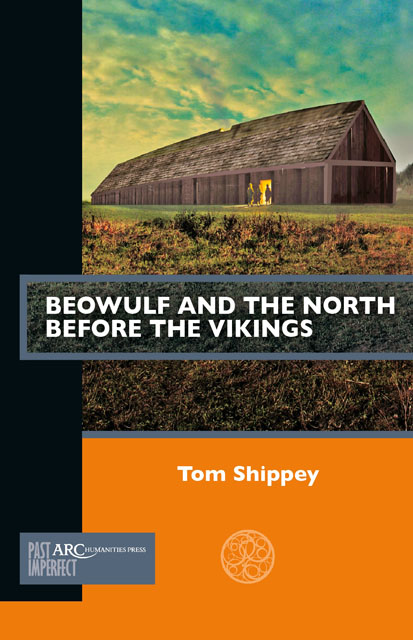Chapter 1 - Poetry and Archaeology
Published online by Cambridge University Press: 06 December 2022
Summary
Smashed Halls and Mead-Benches…
So much should have been evident from the first few lines of the poem. They go, in the manuscript, lines 1–6a, before editors got to work on them:
Well, we have heard of the power, in far-off days, of the people-kings of the Spear-Danes, how the princes performed glorious deeds. Scyld Scefing often took away the mead-benches (meodosetla) from troops of enemies, from many tribes, he struck fear into the warrior (egsode eorl).
[Note that Scyld means “shield” and was pronounced more or less like the modern word, while Scefing means either “son of Sheaf,” again pronounced more or less like the modern word, or else, “with a sheaf”: we don't know which, and neither makes much sense.]
Two things, nevertheless, are obvious right away. First, the poet clearly thinks his original audience (whoever they were) had heard of the old Danish kings. We, on the other hand, the modern audience, haven’t—unless informed by two hundred years of scholarly researches. There is a big gap between the poet's “we” and our “we.”
Second, something has already gone wrong. Everything in those few lines is plural, princes and benches, troops and tribes, up to the last word, eorl, which is singular, and a complete anti-climax. Editors almost always do the obvious thing and just make it plural, eorlas, “he struck fear into the warriors.” It looks as if there was a gap already between the poet and scribe A, making his copy as much as three hundred years later.
In between we have the strange remark about taking away the mead-benches, or mead-settles (a settle is a bench with a back to it). Nothing like this has ever turned up in any other text from the old Germanic north. However, it's not difficult to understand. The place for mead-settles is in a mead-hall, and a mead-hall (also a wine-hall and no doubt a beer-hall for those on the cheaper benches) is the place for convivial drinking and male-bonding.
The bonding moreover is done between the king, or the leader, and his retinue, his strike-force or armed male supporters.
- Type
- Chapter
- Information
- Beowulf and the North before the Vikings , pp. 19 - 32Publisher: Amsterdam University PressPrint publication year: 2022



